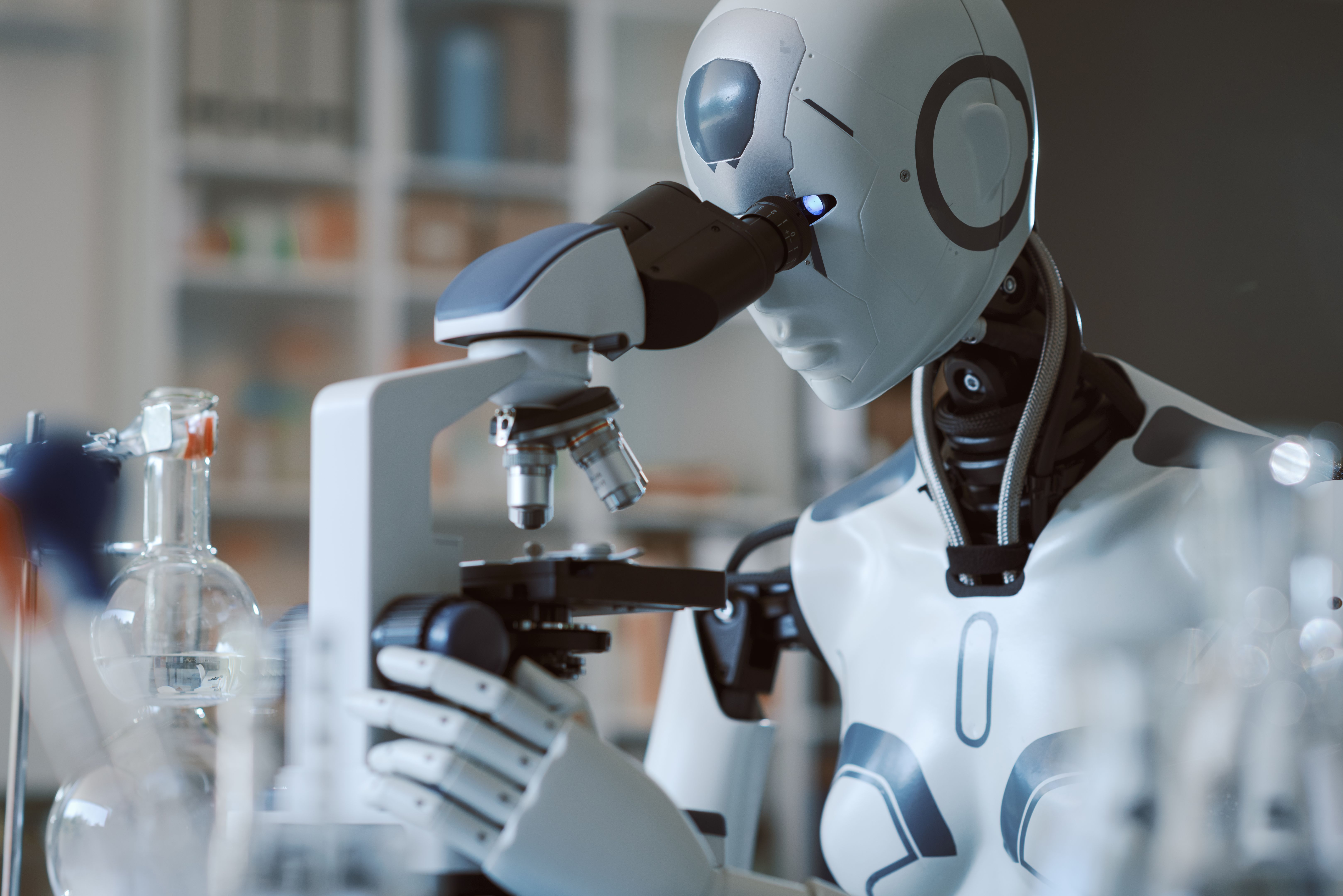AI's Role in Shaping the Future of Scientific Equipment
The Evolution of Scientific Equipment Through AI
Artificial Intelligence (AI) is revolutionizing industries across the globe, and the field of scientific equipment is no exception. As AI continues to develop, its integration into scientific tools is transforming how researchers and scientists conduct experiments and analyze data. From enhancing precision to automating complex processes, AI's role in shaping the future of scientific equipment is both profound and promising.

Enhancing Precision and Accuracy
One of the most significant contributions of AI to scientific equipment is its ability to enhance precision and accuracy. AI algorithms can process vast amounts of data with minimal error, leading to more reliable results. For instance, in microscopy, AI-powered image recognition can identify and classify microscopic elements with incredible accuracy, reducing human error and subjective bias.
The integration of AI in analytical instruments such as spectrometers and chromatographs enables real-time data analysis, ensuring that scientists receive immediate, accurate feedback. This capability not only accelerates research but also ensures that findings are based on precise measurements.

Automation of Complex Processes
AI is also playing a critical role in automating complex processes within scientific research. Laboratory automation has seen significant advancements with AI-driven robotics, which can perform repetitive tasks with high efficiency and consistency. This automation frees up researchers to focus on more strategic aspects of their work.
Moreover, AI-powered software can design experiments, optimize protocols, and even predict outcomes based on historical data. This level of automation not only saves time but also enhances the overall productivity of scientific research.
Improving Data Management and Analysis
The sheer volume of data generated by modern scientific equipment can be overwhelming. AI offers solutions for efficient data management and analysis, enabling scientists to derive insights from complex datasets quickly. Machine learning algorithms can identify patterns and correlations that might be missed by human analysts, leading to new discoveries and innovations.

Facilitating Collaborative Research
AI is also facilitating collaborative research by enabling seamless data sharing and communication across different platforms and institutions. Cloud-based AI tools allow researchers from around the world to access and analyze data collaboratively, fostering a global scientific community.
This collaborative approach is particularly beneficial in fields such as genomics and climate science, where large-scale data sharing is crucial for advancing knowledge and developing innovative solutions.
Challenges and Ethical Considerations
Despite its numerous benefits, the integration of AI into scientific equipment comes with challenges and ethical considerations. Concerns about data privacy, algorithmic bias, and the reproducibility of AI-generated findings need to be addressed to ensure responsible use of AI technologies in scientific research.

Furthermore, as AI systems become more autonomous, there is a growing need for clear guidelines and regulations to govern their use in scientific settings. Balancing innovation with ethical responsibility will be crucial for the sustainable advancement of AI-driven scientific equipment.
The Future Ahead
As AI continues to evolve, its impact on scientific equipment will only grow. Future advancements may include fully autonomous laboratories, personalized experiment design through AI, and even more sophisticated data analysis techniques. By embracing AI's potential while addressing its challenges, the scientific community can look forward to a future where research is faster, more accurate, and more collaborative than ever before.
